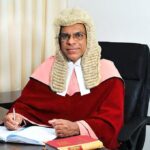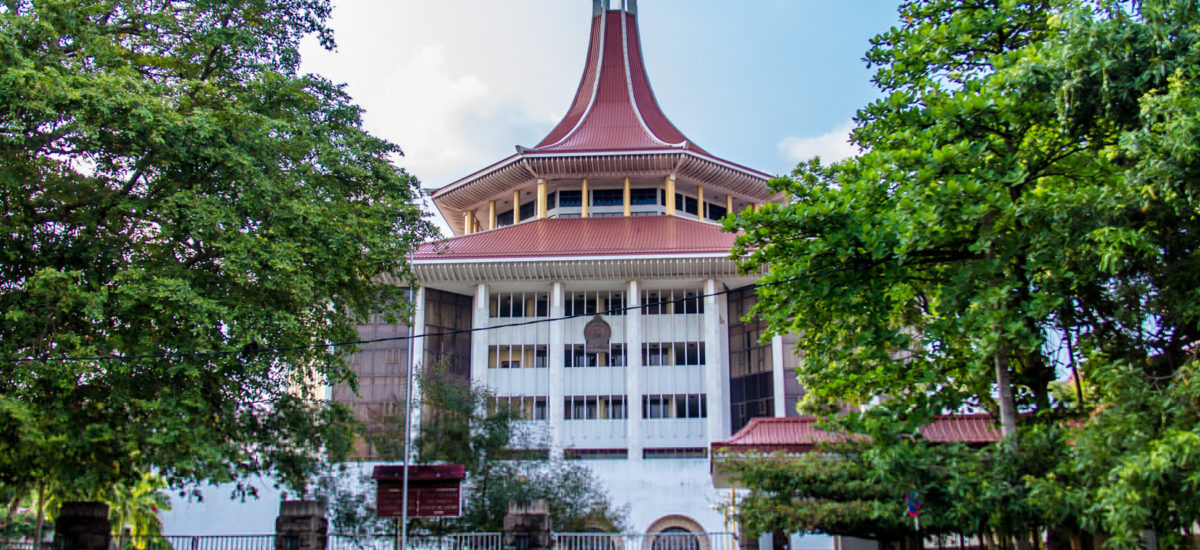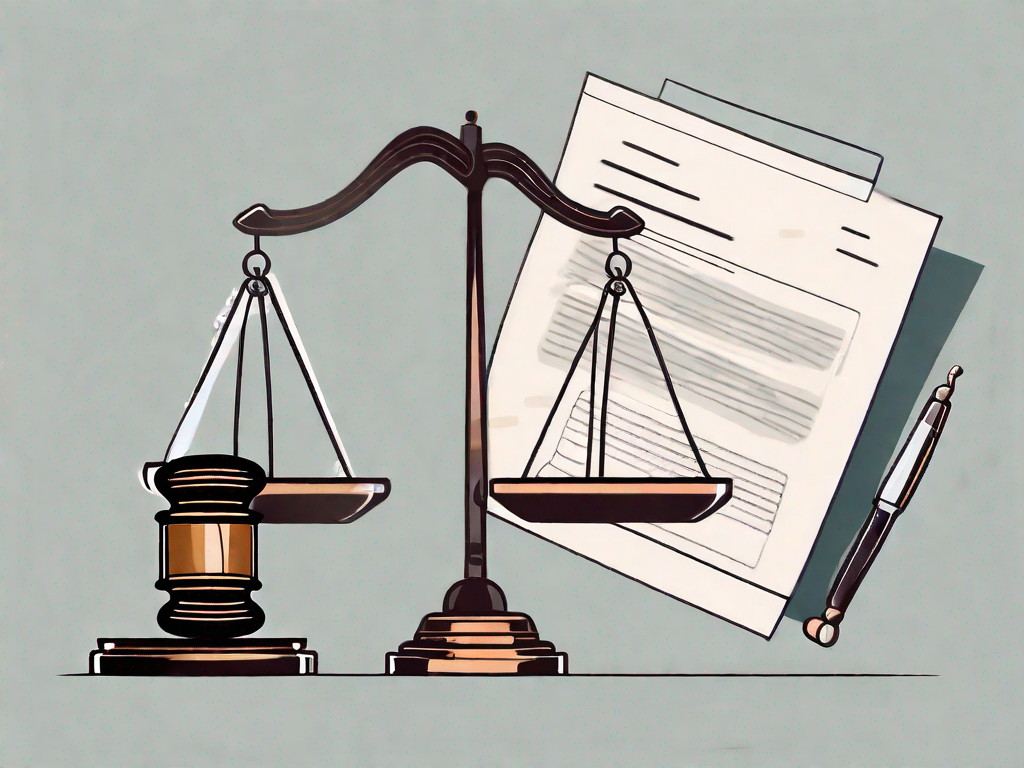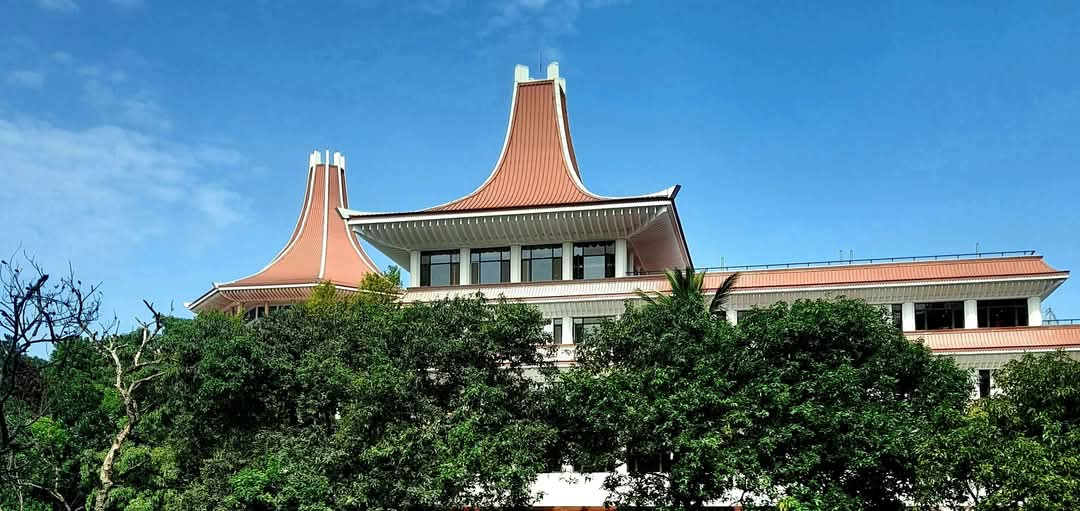The Supreme Court recently dismissed an appeal in a land dispute case, highlighting the lack of alignment between the legal questions raised in the appeal and the relief sought in the original plaint. While the Appellant focused on legal issues related to succession under the Land Development Ordinance (LDO), the Court noted that the dispute …
SC Dismisses Appeal Over Land Dispute: Lack of Correlation Between Legal Questions at Appeal and Relief Sought in Plaint
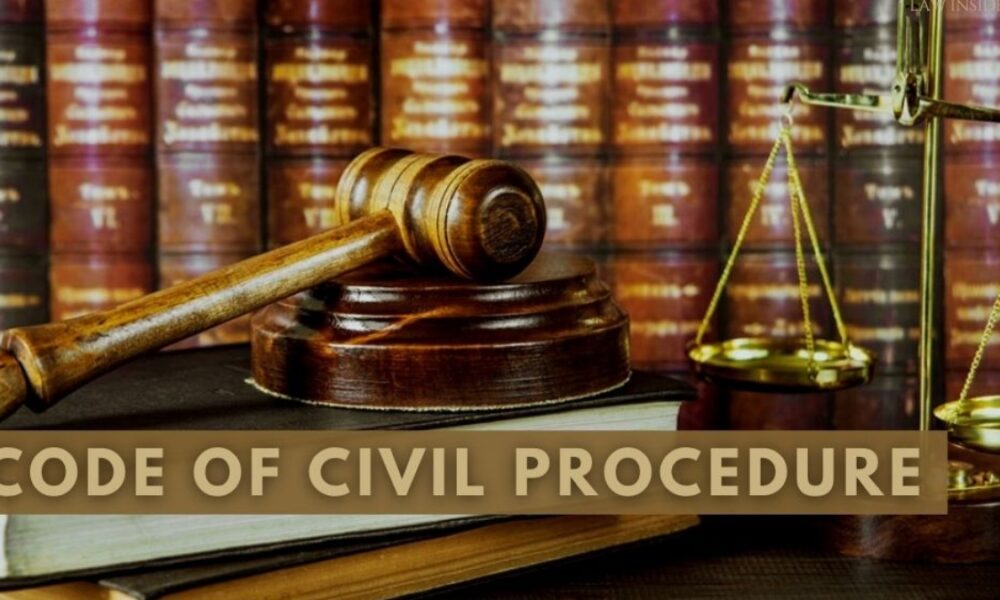
The Supreme Court recently dismissed an appeal in a land dispute case, highlighting the lack of alignment between the legal questions raised in the appeal and the relief sought in the original plaint. While the Appellant focused on legal issues related to succession under the Land Development Ordinance (LDO), the Court noted that the dispute fundamentally rested on factual matters, particularly the failure to prove that the disputed portion of land fell within the boundaries described in the relevant State Grant.
The dispute originated from a State Grant issued in 1983 to the brothers’ father under the Land Development Ordinance (LDO). Upon father’s death in 1987, Appellant, younger son, was nominated as the successor to the land and had the grant registered in his name. In 2008, the Appellant initiated legal action, claiming that his elder brother had encroached on a portion of the land and was occupying it illegally.
Respondent contested the claim, arguing that he had been in possession of the disputed portion since their father’s lifetime and that the Appellant failed to prove that the disputed portion fell within the boundaries of the property described in the grant. District ruled against the Appellant and the High Court upheld that decision.
Appeal at the Supremecourt, the Appellant focused on alleged errors in applying the provisions of the LDO. He argued that: His nomination as the successor under the permit issued to his father remained valid after the grant was issued.
The Supreme Court found that the real issue in the case was not the validity of the Appellant’s nomination as the successor but his failure to prove ownership of the specific portion of land in dispute.
“…The Plaintiff-Appellant relied on M.W.D. Dayaratne vs. M.W.D. Agosinno, to advance his position that, notwithstanding the application of Section 72 of the L.D.O, the Plaintiff-Appellant was nominated under the permit issued to the original permit holder, and such nomination which continues under the grant, is valid in law. In their final determinations, the District Court, or the Civil Appeal High Court, did not disturb or interfere with that position taken by the Plaintiff-Appellant…..Accordingly, with reference to the main relief prayed for by the Plaintiff-Appellant, which was a declaration that the Plaintiff-Appellant is the legal owner of the land described in the second schedule to the Plaint pleaded as part of the land morefully described in the first schedule to the Plaint and to eject the Defendant-Respondent from the said land described in the said second schedule to the Plaint, the District Court came to a clear finding that the Plaintiff-Appellant has failed to prove that the land described in the second schedule to the Plaint is part of the land described in the first schedule, with which this Court agrees…..In light of the above, it is observed that the questions of law for which leave was granted by this Court by Order dated 06/07/2012, and the two questions of law agreed upon by the Counsel for the Plaintiff-Appellant on the date of the hearing, do not correlate with the main relief prayed….” – Justice A.L. Shiran Gooneratne
Case No: SC Appeal No: 119/2012 [Decided on 04.09.2024]
Before: Justice S. Thurairaja, PC Justice A.L. Shiran Gooneratne Justice Mahinda Samayawardhena


